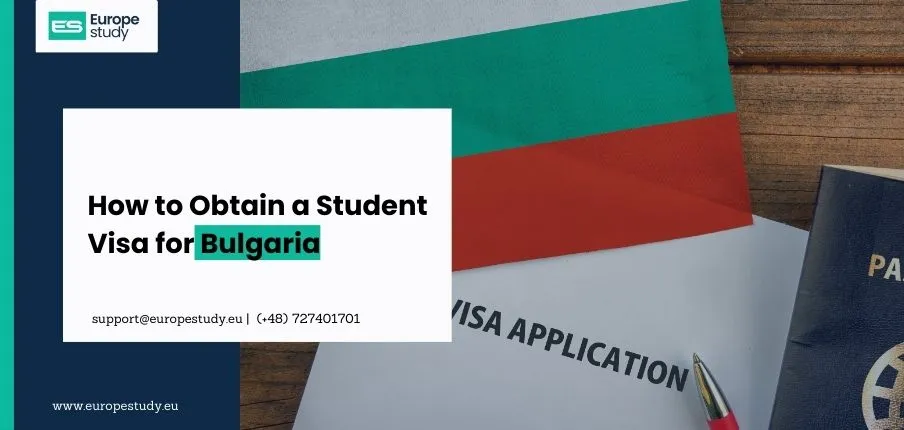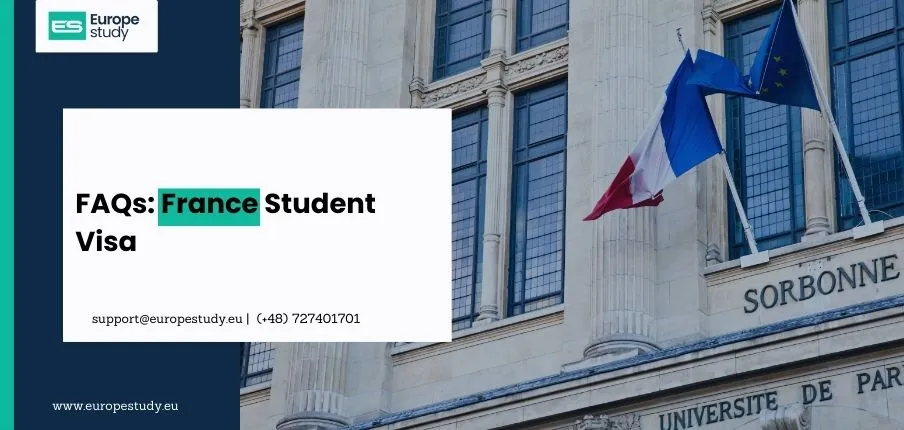
How to Obtain a Student Visa for Bulgaria
Studying in Bulgaria offers a unique opportunity, but the visa requirements depend on your nationality. Here’s a comprehensive guide to help you navigate the visa process.
For EU Citizens
European Union citizens do not require a visa to study in Bulgaria. All you need is a valid passport or national ID. However, if your stay exceeds three months, you must register with the police and provide proof of your student status. Once registered, you’ll receive a national identity card and temporary residence, which can last up to five years.
For Non-EU Citizens
If you're from a non-EU country, you’ll need to apply for a Bulgarian student visa (D-type). You can apply for this visa either online or in person at your nearest Bulgarian embassy. The necessary documents may vary based on your nationality, so it’s essential to consult your Bulgarian embassy for full details.
Generally, you will need the following documents:
- Acceptance letter from a Bulgarian university
- Photocopy of your passport, valid for at least one year after your intended period of study
- Valid health insurance
- Proof of payment for your tuition fees (usually half of the annual fee)
- A recent passport-sized color photograph with a white background
- Photocopies of any previous visas for travel to Bulgaria, the US, or the UK (if applicable)
After Arrival in Bulgaria
Once you’ve arrived, the next step is applying for a residency permit. This permit costs around BGN 500 (approximately US$285) and is valid for one year. It can be renewed annually during your studies. Keep in mind that you can only apply for the residency permit once you have fully enrolled at your university.
By following these steps, you can ensure a smooth process for studying in Bulgaria. Always check with your local Bulgarian embassy for the most up-to-date requirements.





